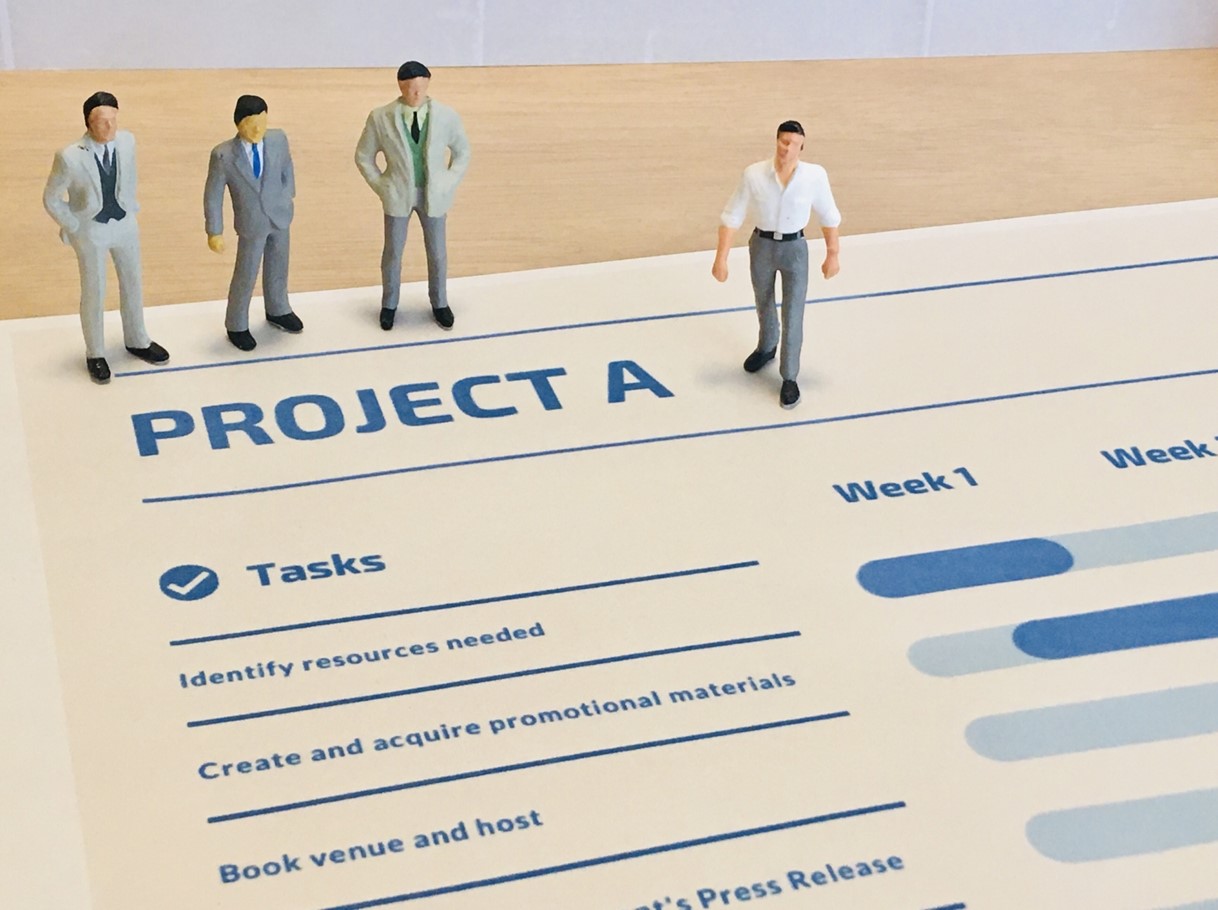What are the four key elements for finding “purpose in life”?

It is often said that “purpose in life” is important in life.
However, there are many people who think, “I don’t know what purpose in life is for me.
Naturally, I am one of them.
I am a little fed up with the daily grind of working as a company employee.
Hello, This is Santoshi.
What is important in life for me?
I still haven’t found the answer.
I wonder if you are in the same situation.
Why don’t you join me and think a little bit about the “purpose of life”?
Let me introduce you to this article.
Rachel Cook, a leadership and work environment expert, explains the four key elements to finding a purpose in life.
How to Discover Your Ikigai, a.k.a. Your Life’s Purpose
https://www.quickanddirtytips.com/business-career/careers/ikigai-purpose
In recent years, the phenomenon of “Great Resignation,” in which large numbers of workers leave the workforce, has been attracting attention in the United States, and it has been pointed out that a wave of mass resignations may be coming to Japan as well.
Ms. Cook argues that the pandemic is forcing the Japanese to leave the workforce.
The pandemic is forcing people to make a change and to think about life and about themselves in a way they probably wouldn’t have ever done normally-about how precious and short life and our time is.”
The article lists “FOUR KEY ELEMENTS” that make up the “purpose of life” and uses oneself as an example to explain each element.
◆1: What you love: your personal preferences
After graduating from graduate school, Ms. Cook joined a company that offered a management rotation program.
At the time, she said, “I had no idea what I wanted to do.
By the time she had been with that company for five years, Cook had become successful enough that she was responsible for the entire department’s practices, personnel, and budget. However, she did not particularly enjoy being in charge of budgets and operations.
On the other hand, what Ms. Cook found joy in was “being involved with people. She realized that she is the type of person who is energized by interacting with people.
I’m a talker, a listener, a coffee-drinker, an observer-and doing these things makes me truly happy. I’m a talker, a listener, a coffee-drinker, an observer-and doing these things makes me truly happy.
She claims that it was a discovery event that set the course for her later career in human resource development and mentoring.
◆2: What you’re good at: your skills and talents
While what you love should be your purpose in life, if you are looking for a job-related purpose in life, it is also important to know if you are good at what you do.
Cook noted that “Recognizing my love for engaging with people was useful data, but did I actually have a talent here?” and that like does not necessarily equate to being good at something.
Ms. Cook thought about this point, and fortunately, “I was pretty good at hiring the right ones, training and coaching them, and listening to their ideas on how to improve our ways of working. I was pretty good at hiring the right ones, training and coaching them, and listening to their ideas on how to improve our ways of working.
She was able to realize that she was good at these things.
Now your turn. Take a look around you. What do you love spending time doing it? Look for points of intersection between pleasure and skill.
◆3: What the world needs
In addition to finding points of intersection between what you love and your skills, it is also important to look for points of intersection between what the world needs and your purpose in life. In Cook’s case, finding the intersection of what she loved and what she was good at led her to a career in human resources, but over time, her desire to bring her skills to the forefront led her to start her own business called Lead Above Noise. The areas of building meaningful employee experiences, improving business effectiveness, and promoting joy and meaning in work were exactly what Cook loved, what she was good at, and what the world needed, she said.
Cook also pointed out that “what the world needs” does not necessarily have to be a lofty goal or something that will save the world. But giving the world something you believe adds value is an amazing way to live your purpose, your Ikigai. But giving the world something you believe adds value is an amazing way to live your purpose, your Ikigai.

◆4: What you can get paid for What you can earn a living for
Finally, Ms. Cook cites “where the thing you’re good at meets commercial viability is your profession,” arguing that a “purpose in life” that satisfies these four criteria leads to a profession. He argues that a “purpose in life” that satisfies these four criteria will lead to a profession. There are many projects out there that were innovative and that they were passionate about, but ultimately failed because they did not meet commercial demands.
In Cook’s case, she says that he spoke with business leaders from a wide range of organizations and industries before actually launching her business to determine if what she was offering would really generate commercial value.
As a result of this preliminary research, Cook stated that she was able to launch her business with confidence that there was market demand for her services.








